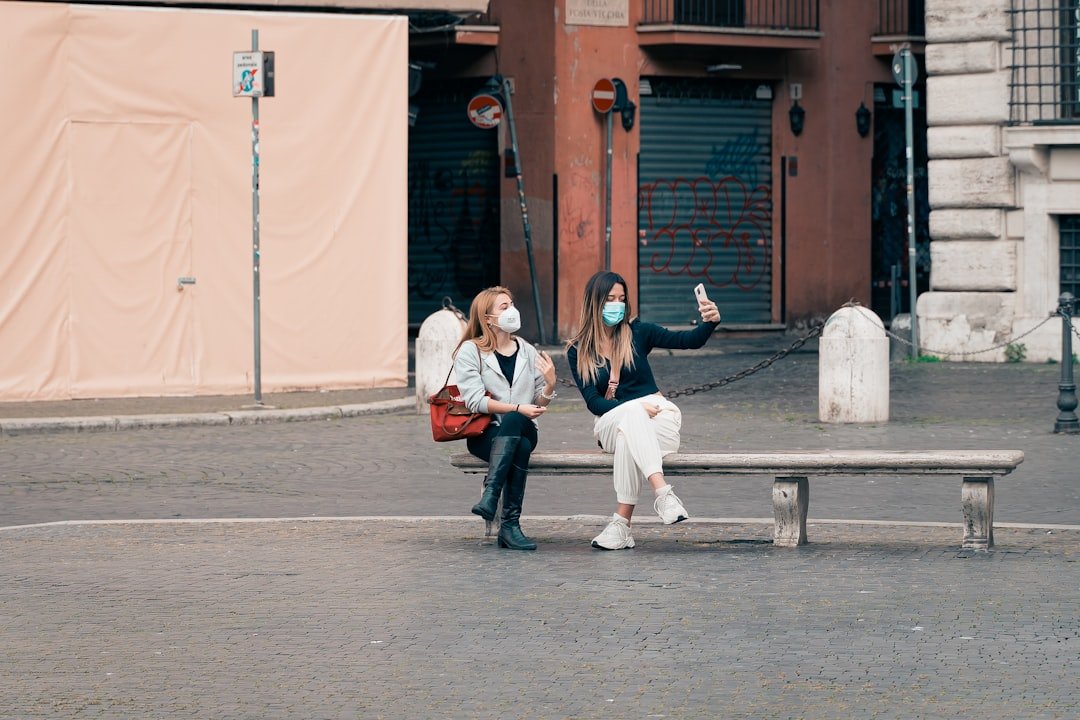
The global outbreak has upended daily routines for millions worldwide, forcing widespread adaptations amid enforced isolation and reduced mobility. This upheaval has paused many everyday pursuits, pushing societies into prolonged periods of restriction and inactivity that few anticipated.
News reports continue to highlight the profound disruptions caused by this unforeseen crisis, with communities grappling for stability as the situation drags on. As the end remains out of sight, individuals are already navigating significant transformations in their habits and environments, reshaping personal and collective experiences in unexpected ways.
Daily Routines
The path back to pre-crisis normalcy may take months or longer, with many describing the emerging reality as a “new normal” that diverges sharply from the past. For instance, strict quarantines and regional lockdowns have become commonplace, altering how people interact with their surroundings.
With schools shuttered, students are turning to remote learning options or unplanned breaks, while the job market faces turmoil as businesses shift to remote work models. According to recent surveys, remote employment has surged by over 50% in affected areas, underscoring the rapid pivot in professional life.
Recreational options have dwindled, leaving favorite dining spots, shopping centers, and amusement venues closed for business. Travel, too, has ground to a halt, with airlines canceling flights and international trips postponed indefinitely, further limiting opportunities for escape and exploration.
Health and Safety Measures
In response, consumers are stockpiling essentials like sanitizers and nutritious foods, reflecting a heightened awareness of personal hygiene, nutrition, and overall well-being. Health experts emphasize building robust immune systems as a key defense, recommending balanced diets rich in vitamins—such as vitamin C—to combat the virus effectively.
Hand hygiene has become a daily ritual, and face masks are now ubiquitous in public spaces, often paired with other protective gear like gloves, as highlighted by resources such as those on https://www.dmbsupply.com/. The World Health Organization advocates for these practices, noting that regular handwashing can reduce transmission risks by up to 40%.
Without an approved vaccine or treatment on the horizon, proactive steps remain crucial for safeguarding families. In the interim, experts advise consistent use of masks and frequent sanitization as foundational strategies to minimize exposure during these challenging months.
Community Interactions
Physical gatherings have given way to virtual connections, with social events and meetings migrating to digital platforms to comply with distancing guidelines. This shift has been facilitated by apps designed for online collaboration, enabling remote participation in ways that were less common before the outbreak.
Families are spending extended periods at home, forgoing traditional vacations and outings, which has prompted a reevaluation of social norms. Reports indicate that video calls have increased by nearly 60% globally, fostering new forms of interaction amid the constraints.
The timeline for resolution is uncertain, but the ongoing changes have permanently altered social dynamics. As societies confront this unprecedented challenge, adapting to these shifts is vital for protecting health and supporting loved ones through the uncertainty.




